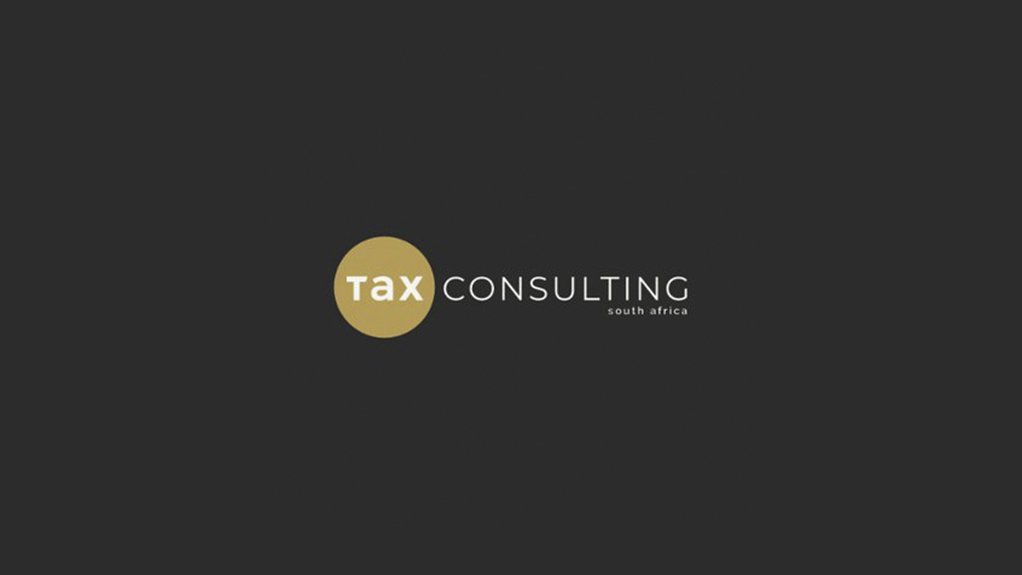Employers can count on a house inspection from the South African Revenue Service (SARS) this filing season. With revenue recovery top of the agenda and more hands on deck to get the job done, know that a thorough mop-up of any payroll non-compliance is on the way.
Much like household maintenance, payroll compliance is not a once-off exercise—it is a continuous process of tidying, reconciling, and ensuring that everything is where it should be. And SARS has little tolerance for messy.
With the filing deadline for Employer’s Annual Declarations fast approaching on 31 May 2025, SARS has emphasised that this process is critical ahead of the Personal Income Tax (PIT) Filing Season. The data employers submit, helps SARS issue accurate auto-assessments or pre-populated tax returns for individuals, making it easy for employees to fulfil their tax obligations.
All This While SARS is Stepping Up Efforts
SARS is reportedly onboarding 500 new recruits—with another 1,500 potentially to follow—as part of 'Project AmaBillions,' a special compliance drive targeting tax debt and outstanding returns. The initiative is expected to generate an additional R70-billion over the next three years.
While official details are limited, it may also point to a sharpened focus on employers—particularly the upkeep of South Africa’s most reliable collection mechanism: the Pay-As-You-Earn (PAYE) system.
The Centrepiece of the Revenue House: PAYE
In the 2024/25 fiscal year, SARS reported a R81.8-billion (12.6%) increase in net PIT collections. This surge was largely attributed to above-inflation growth in PAYE from the Finance and Community Services sectors. Unexpectedly high revenue from Two-Pot retirement withdrawals also played a role, yielding revenue of R12.9-billion—more than double the projected R5-billion.
SARS also noticed a modest yet meaningful uptick in the Voluntary Compliance Index from 75.10% to 75.48% year-on-year. While this may seem incremental, it reflects improved payroll discipline across the board—and hints at the value SARS places on even small behavioural shifts when scaled across a national taxpayer base.
Dust in the Corners: Where SARS May Look Next
It would not be surprising to see SARS directing its enforcement resources at:
- Misclassified contractors, who perform as employees but fall outside the PAYE net;
- Fringe benefits, such as subsidised housing or company vehicles, that may be under-declared;
- Untidy travel and subsistence claims, often lacking proper logbooks or supporting documents;
- Abuse of the Employment Tax Incentive (ETI), where eligibility may be stretched—or fabricated.
Historically, these areas have been difficult to police at scale. But with more auditors, analysts, and inspectors in play, the opportunity to run tighter payroll diagnostics grows significantly.
The Weekly Chore: Why Reconciliations Matter More Than Ever
Monthly EMP201 declarations and biannual EMP501 reconciliations are SARS’s window into an employer’s internal order. Do IRP5 certificates match actual payments? Are values properly accounted for and aligned? Have discretionary allowances or benefits been correctly disclosed?
In many ways, reconciliations are the payroll equivalent of checking that all your cupboard doors close and that the keys are where you left them. When they’re not, gaps become harder to explain—especially when the inspection team is larger and more technologically enabled than ever.
A Smart, Self-Cleaning System: SARS’s Use of Third-Party Data
The tax authority’s growing dependence on third-party data— including banks, medical aid providers, pension funds, and payroll software—leaves less room for honest mistakes with mismatches often detected well before a manual audit begins.
The new recruits will most certainly be woven into this data ecosystem - to conduct audits as well as applying algorithms, anomaly detection tools, and predictive analytics. In short, SARS is not just sweeping—it’s vacuuming with AI.
Time for a Deep Clean?
A tidy house is a sign of a clear mind. This saying also applies to payroll. Employers who keep their PAYE affairs in order—accurate reporting, clean reconciliations, properly documented allowances—will find themselves better equipped to respond to scrutiny, or avoid it entirely.
But with SARS setting a target of R70-billion, one wonders:
- Will discretionary incentives like the ETI survive a cost-benefit analysis by a revenue-hungry authority?
- Will the line between contractor and employee be redrawn in favour of administrative certainty?
- Could fringe benefits face stricter valuation regimes or require more frequent declarations?
- And what does “voluntary compliance” really mean in a world of algorithmic enforcement?
Conclusion
As SARS expands its workforce, employers may need to revisit not just their payroll systems, but the philosophy that underpins them.
In tax, as in life, good housekeeping is not about being perfect—it’s about being prepared. Speak to an astute team of tax legal specialists—ideally complemented by a payroll and remuneration expert who knows where to dust.
Written by Bronwin Richards, Tax Attorney at Tax Consulting South Africa
EMAIL THIS ARTICLE SAVE THIS ARTICLE ARTICLE ENQUIRY FEEDBACK
To subscribe email subscriptions@creamermedia.co.za or click here
To advertise email advertising@creamermedia.co.za or click here











